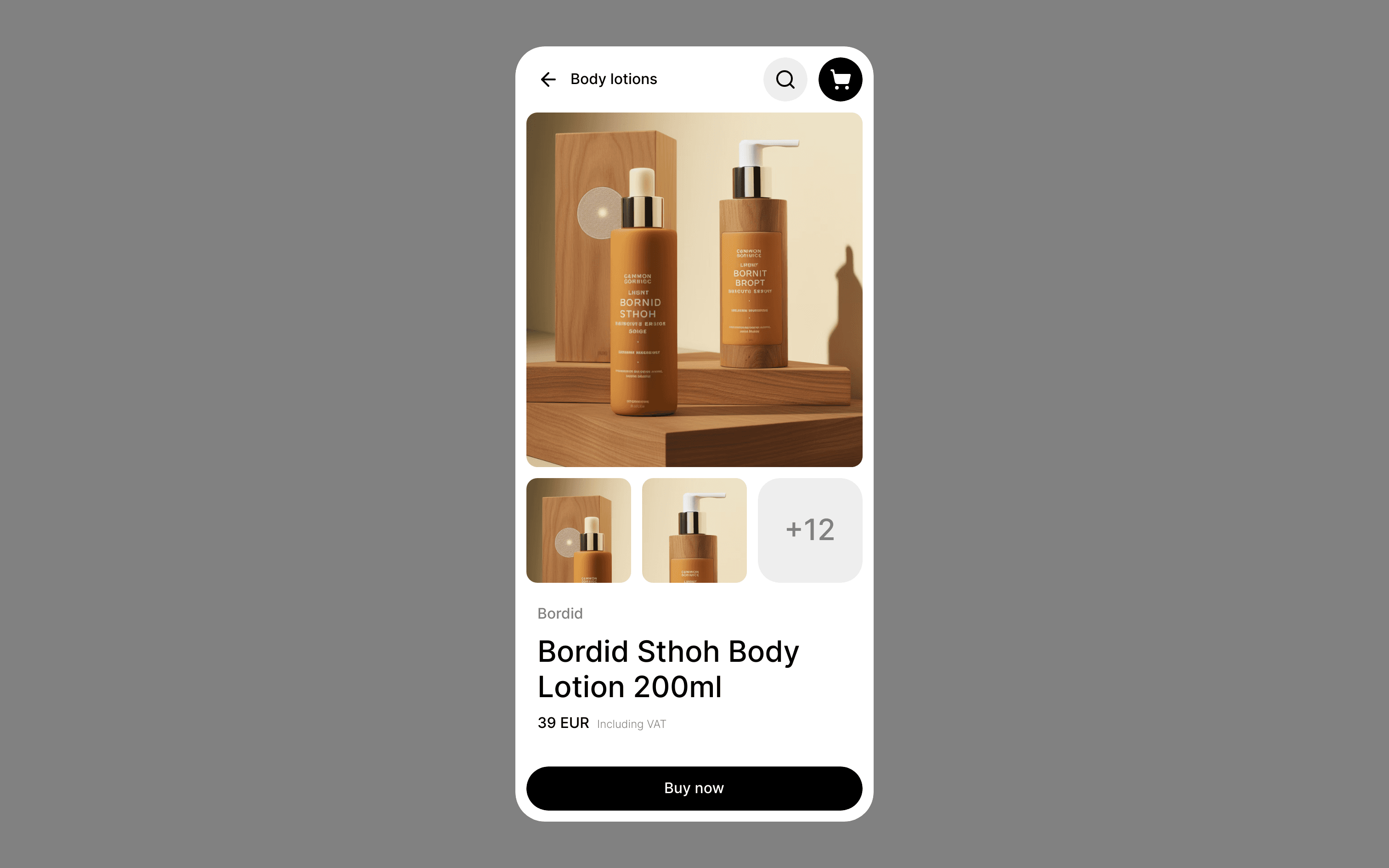Build Design Systems With Penpot Components
Penpot's new component system for building scalable design systems, emphasizing designer-developer collaboration.

medium bookmark / Raindrop.io |
 <img class=”progressiveMedia-noscript js-progressiveMedia-inner” src=”https://cdn-images-1.medium.com/max/2000/1*aeEZ5IsBWWQSXgQXKMTBfQ.jpeg”>
<img class=”progressiveMedia-noscript js-progressiveMedia-inner” src=”https://cdn-images-1.medium.com/max/2000/1*aeEZ5IsBWWQSXgQXKMTBfQ.jpeg”>Source: Frank Cordoba
I have a passion problem. Not the type of passion problem where your boyfriend wants to get busy but you just want to cuddle your dog and watch Netflix. No, that problem took care of itself years ago (and Guff McNugget and I loved Stranger Things 2, by the way).
No, my problem with passion is how heavily designers weight it when defining their value.
 <img class=”progressiveMedia-noscript js-progressiveMedia-inner” src=”https://cdn-images-1.medium.com/max/1600/1*8sMtl7RUgGN6SdLY33URmQ.png”>
<img class=”progressiveMedia-noscript js-progressiveMedia-inner” src=”https://cdn-images-1.medium.com/max/1600/1*8sMtl7RUgGN6SdLY33URmQ.png”> <img class=”progressiveMedia-noscript js-progressiveMedia-inner” src=”https://cdn-images-1.medium.com/max/800/1*0DBRInPkm3MNS_LmLuuLqQ.gif”>
<img class=”progressiveMedia-noscript js-progressiveMedia-inner” src=”https://cdn-images-1.medium.com/max/800/1*0DBRInPkm3MNS_LmLuuLqQ.gif”>Sources: Know Your Meme, Giphy
Whether it’s about good type, accessibility, or solving user problems, we’re all so damned “passionate.” It’s such a common claim by designers, it probably appears on your resumé before a way to contact you. Maybe you even have an infographic of design disciplines and how passionate you are about each. Putting “passionate” on a resumé is like including Microsoft Word in the list of software you know.
In job interviews, being “passionate” distinguishes you from your peers as much as the fact that you’ve got a pulse. Sure, it checks a box, but does it make you special?
Offering passion as a professional qualification is like when reality TV contestants are asked why they should be spared elimination, and they say they want it more than other contestants. I’m sorry, I didn’t realize this was a “wanting it” competition.
 <img class=”progressiveMedia-noscript js-progressiveMedia-inner” src=”https://cdn-images-1.medium.com/max/1600/1*dciqB9H8XwSyxWR5HbiB1g.gif”>
<img class=”progressiveMedia-noscript js-progressiveMedia-inner” src=”https://cdn-images-1.medium.com/max/1600/1*dciqB9H8XwSyxWR5HbiB1g.gif”>Gurl, I hope you’re ready to lip sync Dieter Rams’s 10 principles of good design. Source: Giphy
Being passionate about something—whether it’s design, drag, baking while being delightfully British—is not the same thing as being skilled at it. It’s not even the same thing as working hard. Like, how are you going to say you want to be America’s next drag superstar and not even learn the words to that Ariana Grande song?
The value of a design is not in how the designer feels about it. Passion doesn’t always translate to quality.
Working hard, being knowledgable, finding fulfillment in your work are all valuable traits. They’re also demonstrable in a way that “passionate” isn’t, and they will distinguish you more from others. If being passionate doesn’t help us stand out from other designers, which…see above, why do we feel this pressure to claim the label?
Designers tout how passionate we are about our industry because we’ve been told we need to be to succeed.
 <img class=”progressiveMedia-noscript js-progressiveMedia-inner” src=”https://cdn-images-1.medium.com/max/2000/1*ZXRAdRnhgFLjRozE5bD8qA.png”>
<img class=”progressiveMedia-noscript js-progressiveMedia-inner” src=”https://cdn-images-1.medium.com/max/2000/1*ZXRAdRnhgFLjRozE5bD8qA.png”>Like, this is a thing someone believes and other people accept as advice without scornful laughter.
Being a good designer doesn’t just require a certain level of accomplishment in your 9–5 life, our heroes say at conferences and on Twitter. It requires a 24/7 mindset of hustle, an overflowing portfolio of side projects, and a willingness to prioritize our identity as designers over everything else in our lives.
You have to think like an entrepreneur, even if you’ve got no equity in your company and aren’t sharing equally in the returns on your late nights and weekends.
You’ve got to always be hacking your productivity, your creativity, your motherfucking biome.
You’re not just a spouse and parent of two, that’s part of your brand.
My problem with passion is not that people care about their work. I care about my work. But how we signal how passionate we are about design — late nights, burn out, becoming more brand than human—is toxic. Designers shouldn’t have to subscribe to a culture of “passionate” toxicity to have their contributions to the field recognized.
It’s time to stop judging ourselves and our work by how “passionate” we are about it and to give ourselves permission to do something else every now and then.
AI-driven updates, curated by humans and hand-edited for the Prototypr community